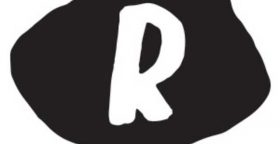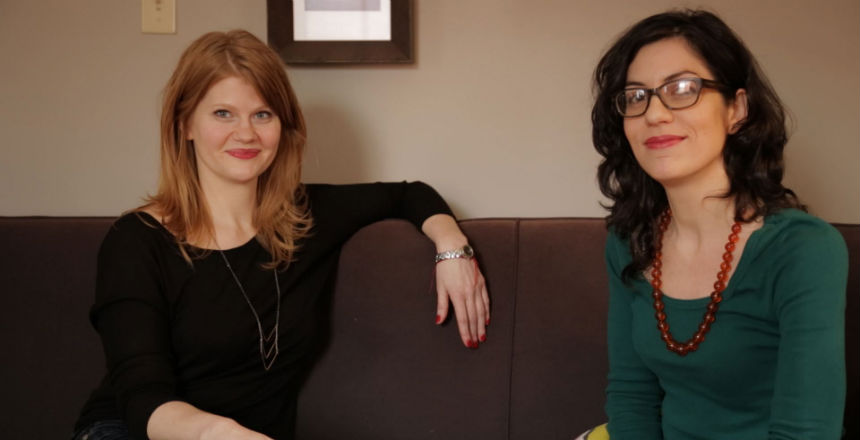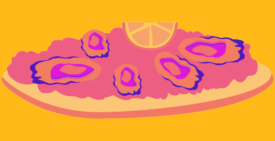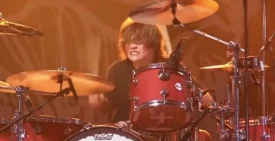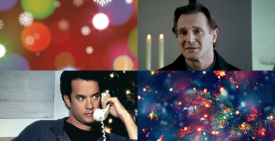Losing a loved one is painful no matter which way you look at it. But losing a loved one to a disease shrouded in secrecy and stigma brings unique complications, forcing many to grieve in the shadows and hide their true stories. Modern Loss’ Rebecca Soffer spoke recently with Whitney Joiner, a senior editor at Marie Claire magazine, and Alysia Abbott, a writer and former radio producer, about their new project, The Recollectors. The site aims to unearth stories of children who lost parents to AIDS — and, by extension, break the cycle of stigma associated with sharing these experiences.
What is The Recollectors project? Why launch it now?
Joiner: The Recollectors is a storytelling site and digital community committed to bringing together the children of those who died of AIDS and sharing their photos, videos and stories through essays, interviews and memoirs. By establishing a home for these long-hidden narratives, we’ll also be adding a vital community of voices to the history of AIDS: the children left behind.
Abbott: Last June, I published Fairyland, a memoir about my father who died of AIDS in 1992. Since then I’ve received emails from people around the country telling me how AIDS has impacted their lives, including many who, like Whitney and me, lost parents. These stories need be heard, if only to break the cycle of stigma and secrecy that continues around the disease.
Furthermore, as documentaries and films are made about the AIDS years (including award-winners like How to Survive a Plague and The Dallas Buyers Club) it’s clear there is a side of the AIDS narrative yet to be publicly explored – its impact on families, specifically surviving children.
Are there any statistics on children whose parents have died of AIDS in the U.S.?
Joiner: There aren’t any numbers. But we know about 650,000 Americans have died of AIDS since the start of the epidemic. We can only imagine how many of those had families. Also, a lot of those obituaries told half-truths or hid the truth. A lot of people died from a “lingering illness.” [Joiners’s father’s obituary gave this cause of death.]
What are some of the challenges associated with remembering people lost to AIDS, such as the above story about obituaries? Is the grief experience different for those survivors?
Abbott: AIDS is unique among diseases in that it’s still incredibly stigmatized. At the height of the epidemic, in the 80s and 90s, it was acceptable for those in government to suggest that people who contracted HIV were responsible for their suffering and not deserving of public funds and sympathy.
People are still dying of AIDS and the discrimination against people with HIV/AIDS continues. As a result, the surviving children have grieved, or still grieve in isolation, with their parents deaths shrouded in secrecy. Though I’ve been “out” about my dad’s AIDS since he died, I know a lot of people who are still uncomfortable talking openly about their parents.
Joiner: It was terrible back in the 80s and 90s; we don’t like to remember how horrible it was. I remember coming back to my high school after my father’s funeral and someone asking me why I’d been out, and I just sat there, thinking What do I say, what do I say? And then saying, “My father died.” And when they asked me how, I seized up. “I don’t know,” I answered. After that, I started saying “cancer,” as Mom had suggested at some point before. I really didn’t want to lie, and I only did a few times, but I realized then that she was right; it was the easier answer. My small Kentucky high school was totally homophobic, so it’s not like I could go around telling the truth.
How do you believe your particular experiences changed your lives?
Abbott: Losing my dad in 1992 has defined my life. He raised me alone after the death of my mother when I was three. I didn’t have siblings so when I lost him I felt like I lost whole family in one swift blow. Studying queer history in America, and the history of AIDS activism in the 80s and 90s, has made me feel closer with my father and what life would have been like for him. Working on The Recollectors also feels like something he would be excited about.
Joiner: Nothing else has impacted my development as a person, my life path, and who I am at my core as much as my father’s illness, death and its aftermath. I studied sexual politics, alternative sexualities and queer theory in college; that was absolutely connected to my father, although I didn’t totally make that connection at the time, because I naturally gravitate to those topics. One of the reasons I do the work I do — helping women tell their stories — is because I grew up in a house in which the truth was totally repressed and hidden.
People talk a lot about how a close family member’s death can give you a carpe diem-type perspective, but for me it was more about living honestly, or trying to; I think my friends would agree that I’m pretty open and transparent, for better or worse — terrible liar, not mysterious — and I think a lot of that is a result of reacting against my father’s secret life.
What are your goals for this project, both for its participants and for those who have no firsthand experience with losing a parent to AIDS?
Joiner: We want the participants — the Recollectors themselves — to feel like they have support, that they’re not floating alone with their past and their loss. For people who haven’t lost a parent, these are still important and vital stories that need to be heard. AIDS has been erased by our culture over and over again.
The Recollectors Kickstarter campaign is live through April 16. Watch it here:

